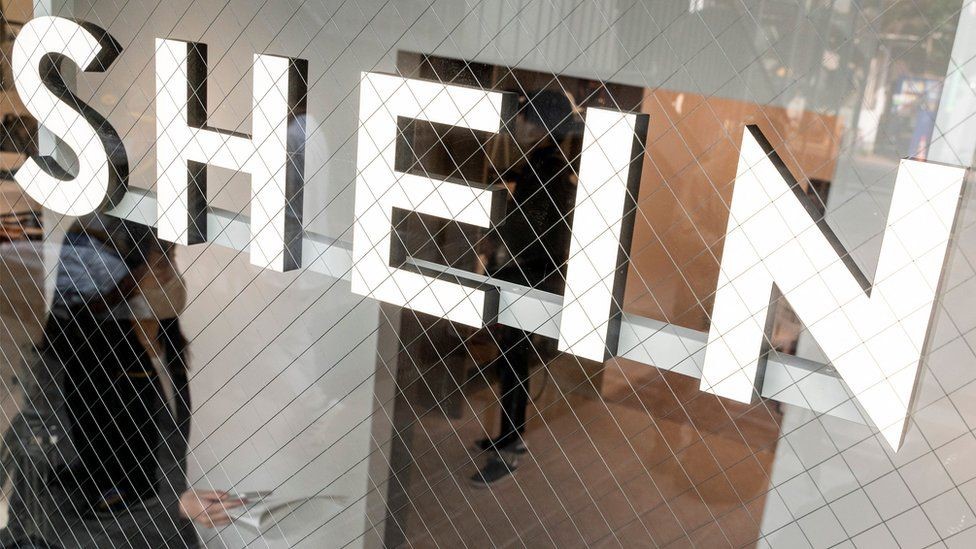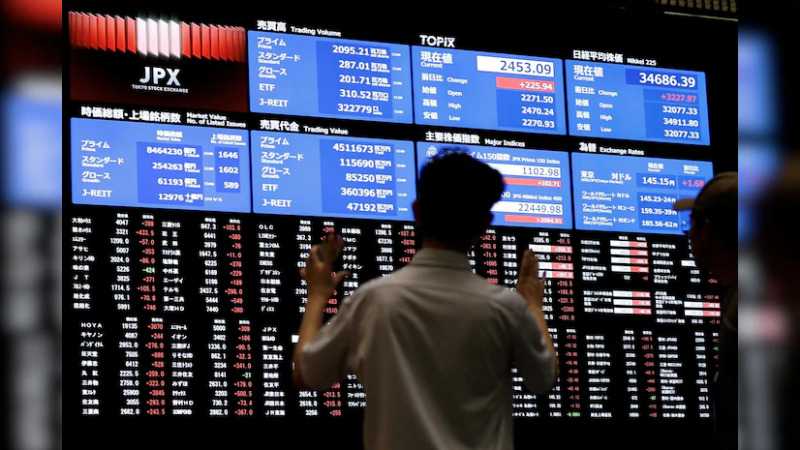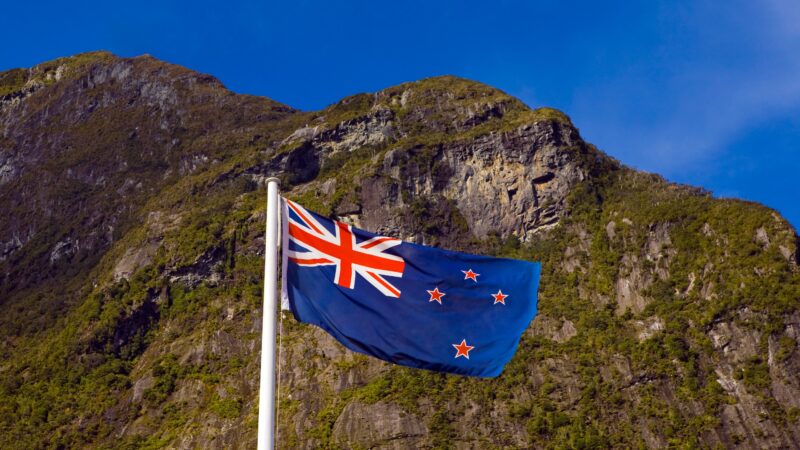Chinese fashion brand “Shein” facing claims made by the US over Uyghur forced labour

A group of lawmakers in the United States claimed the Chinese fashion brand “Shein” is forcing Uyghur forced labourers to work more to make some of the clothes it sells. The lawmakers asked for a legal investigation.
Dozens of Democratic and Republican lawmakers signed a letter citing legitimate claims of “using coerced and underpaid labourers.”
Additionally, it demanded that Shein independently audit and confirm “that the firm does not use Uyghur forced labour” before the Securities and Exchange Commission (SEC) would permit Shein to sell shares in the US.
Shein replied to the letter with: “We are dedicated to upholding human rights and abiding by the local regulations and laws in every marketplace we operate in. A strong code of conduct that is in line with the fundamental principles of the International Labour Organisation must be followed by our suppliers, it continued.
Uyghurs, a primarily Muslim ethnic minority, have been accused of being coerced into servitude and interned by China by human rights organisations and Western nations, particularly the US and UK.
The US has imposed new laws on the import of commodities from Xinjiang that require businesses to verify the products weren’t made using forced labour, and some Western brands have eliminated Xinjiang cotton from their supply lines.
Shein, which was established in Nanjing, China, in 2008, presently has its headquarters there.
It has been attracting youthful customers in the US, UK, and Europe by creating fast fashion even quicker and frequently at lower prices than many of its competitors, like Boohoo or Asos.
In order to grow its online following, it has worked with celebrities and influencers. In 2021, its mobile application briefly overtook Amazon as the most installed shopping app in the United States on the iOS and Android app charts.
According to reports, Shein orders batches of clothing from thousands of independent manufacturers in China, and if they meet client expectations, it will order from them again.
The company has previously been accused of having unfavourable working conditions where employees purportedly worked 75-hour weeks.






